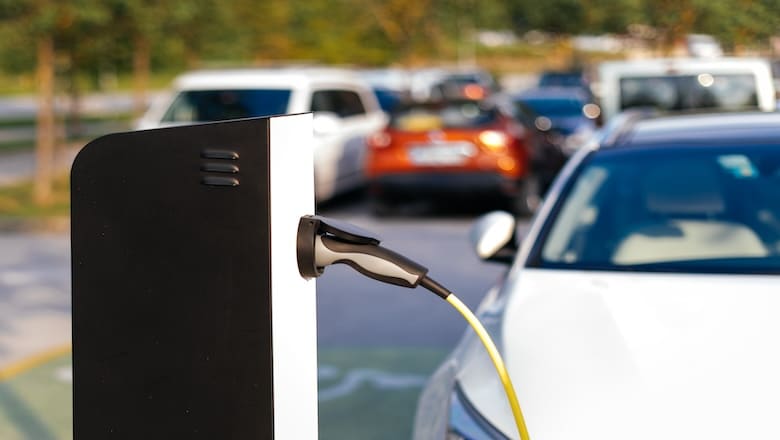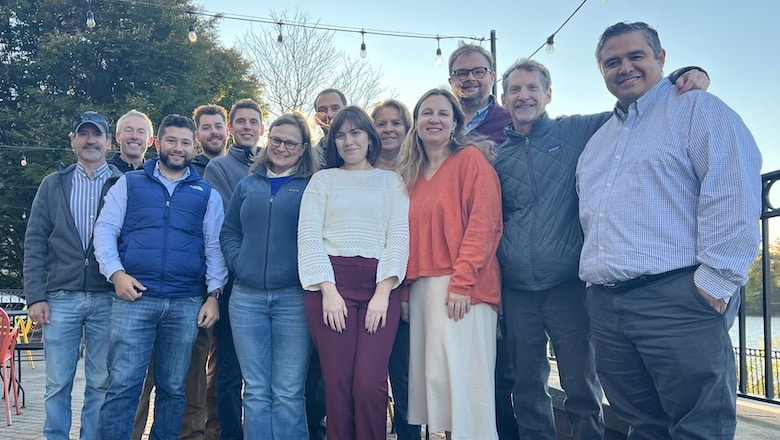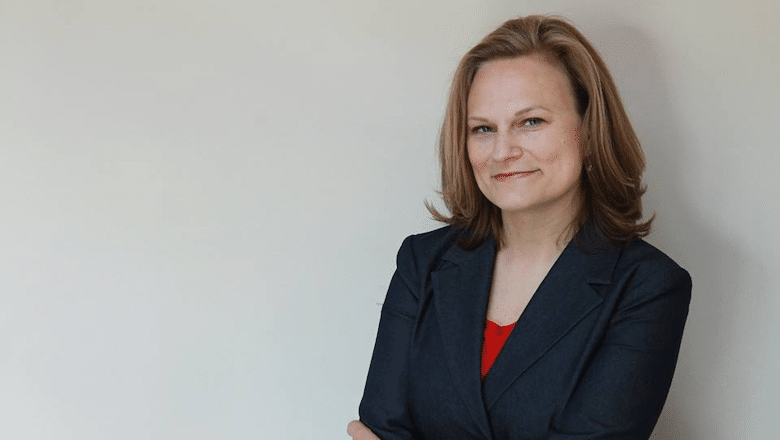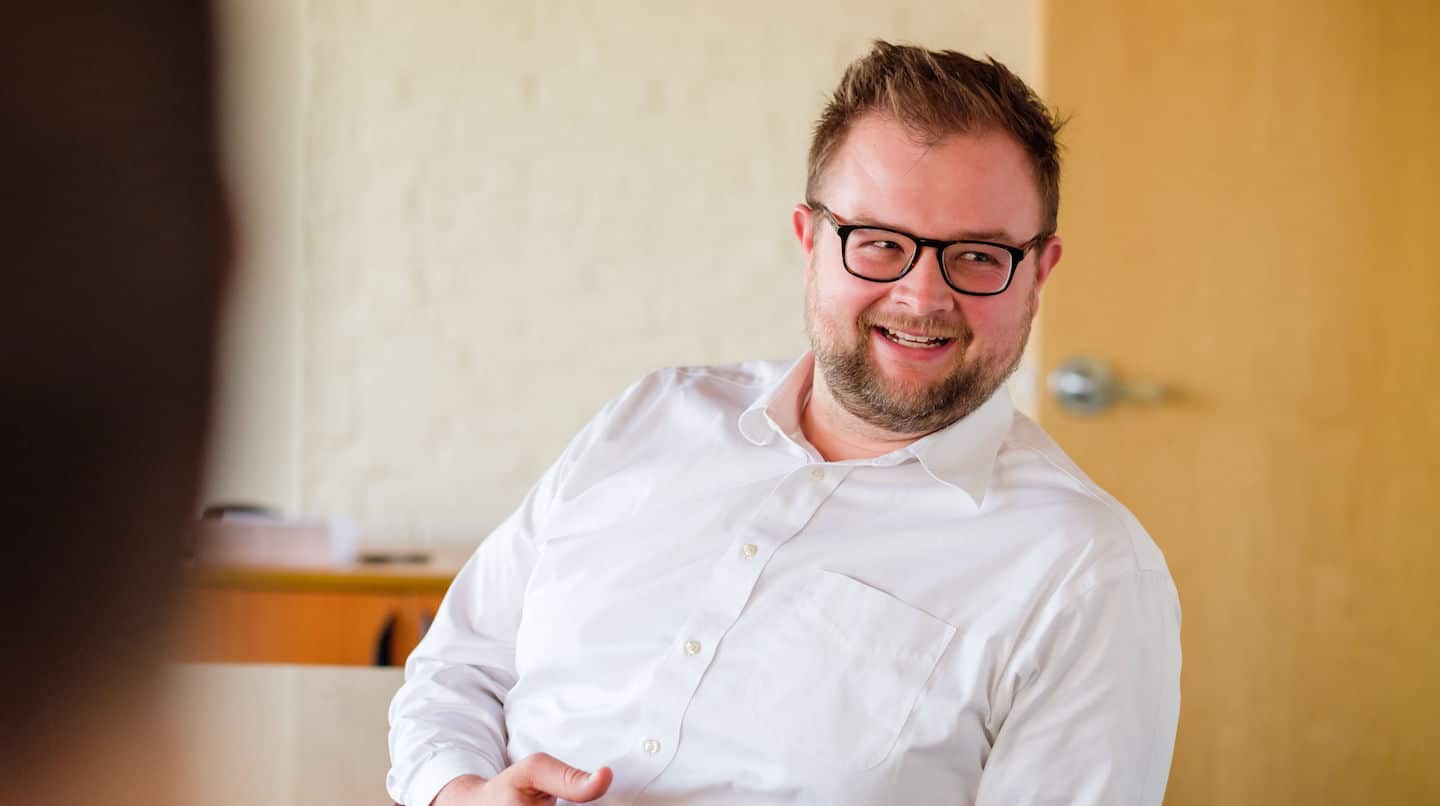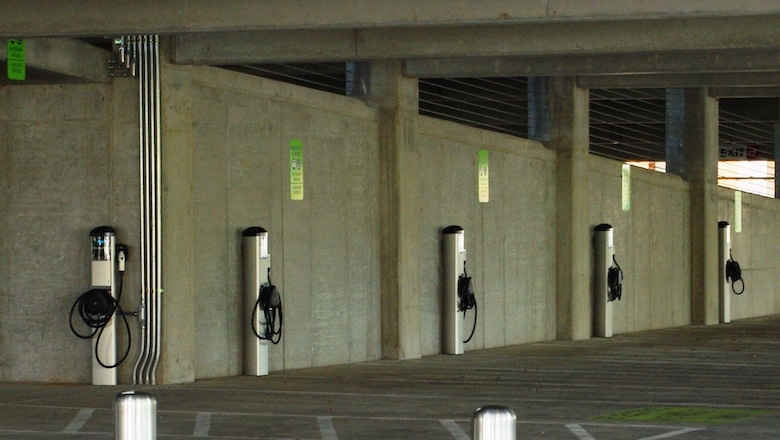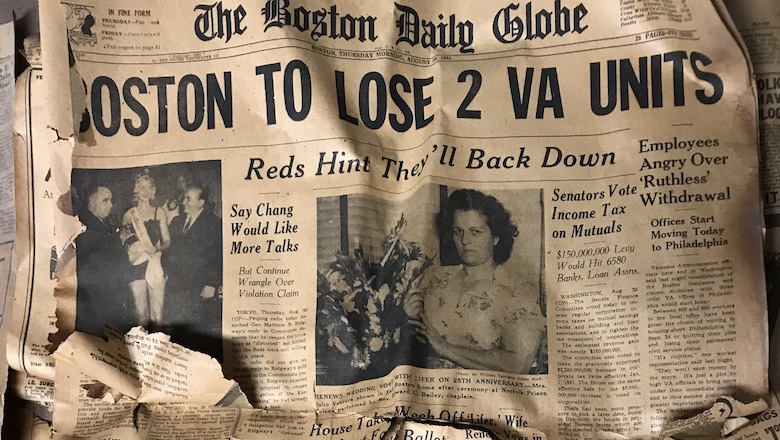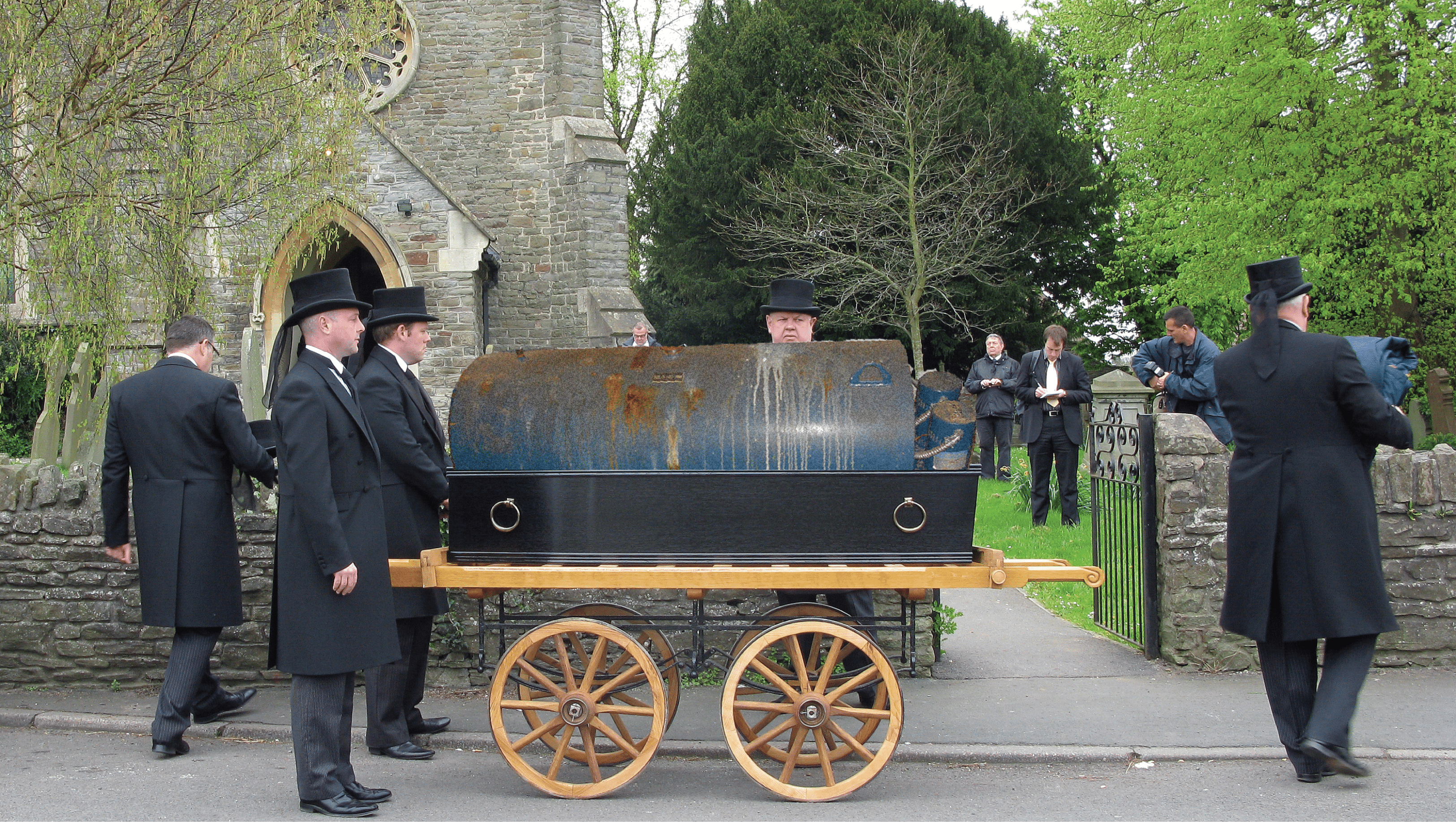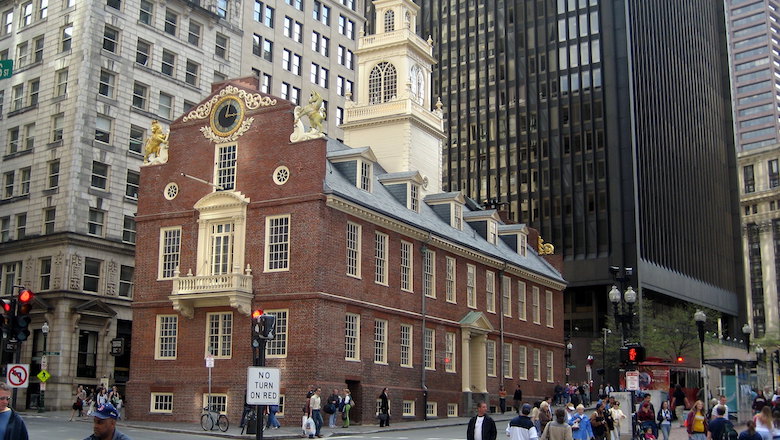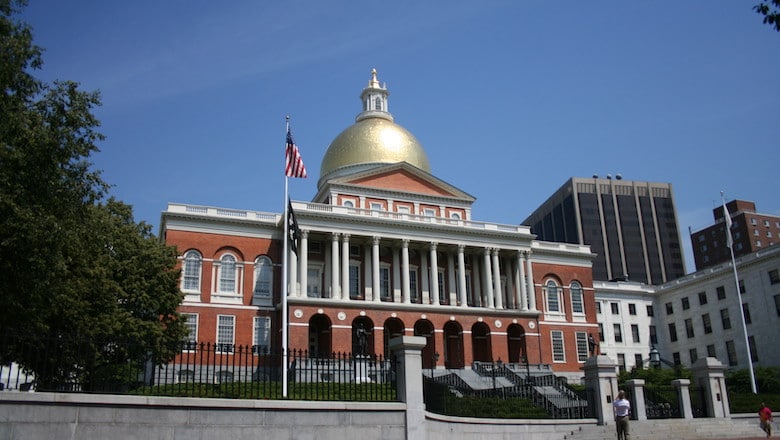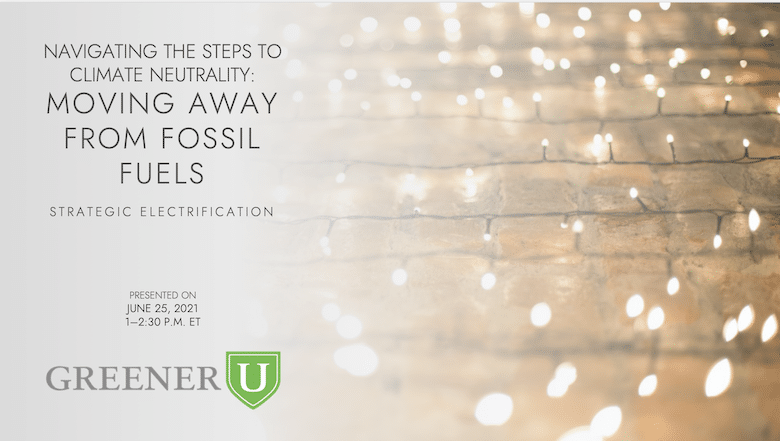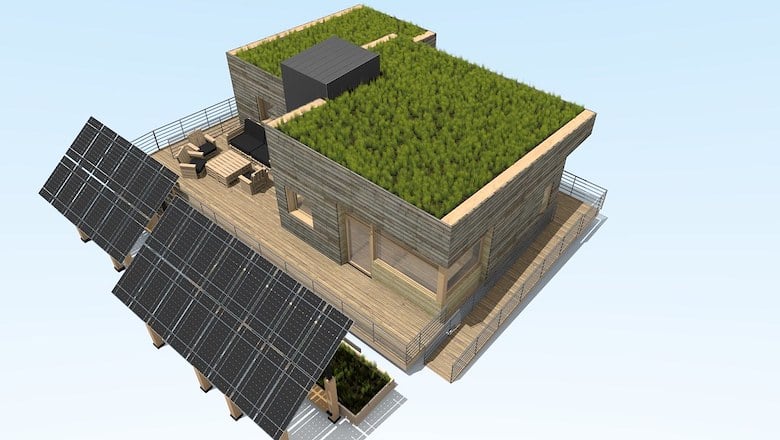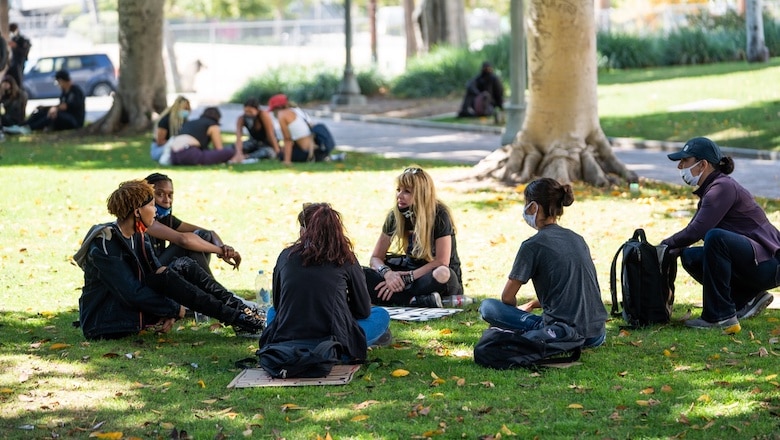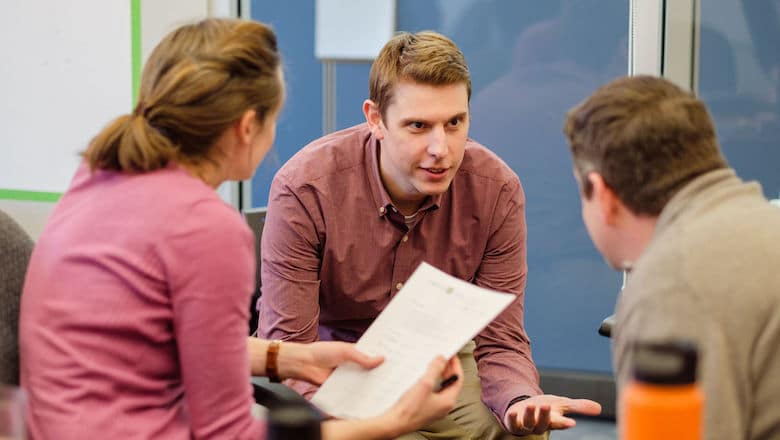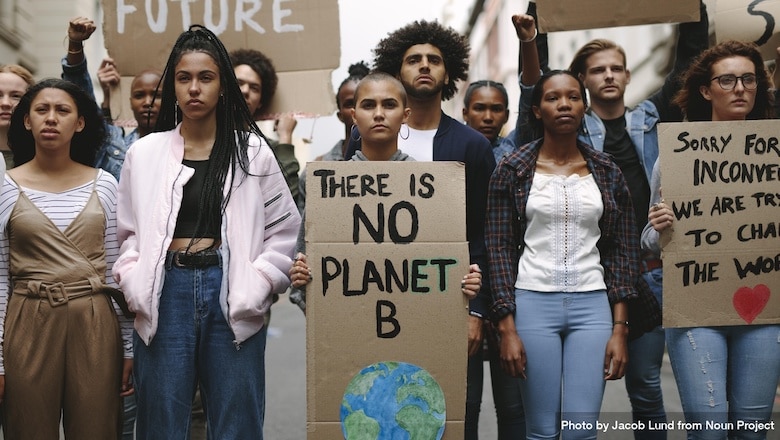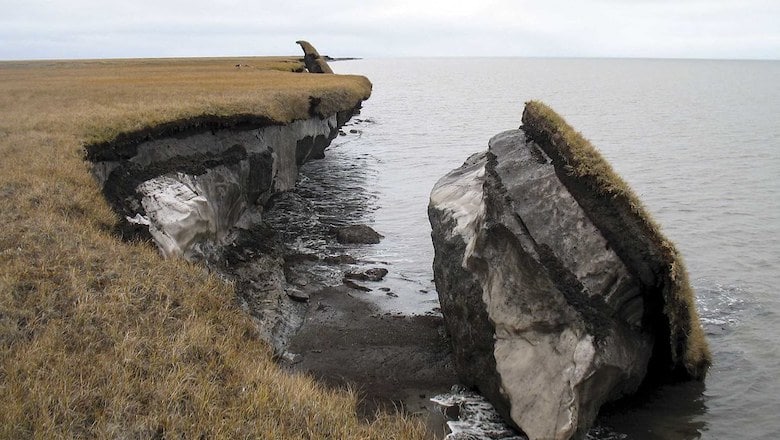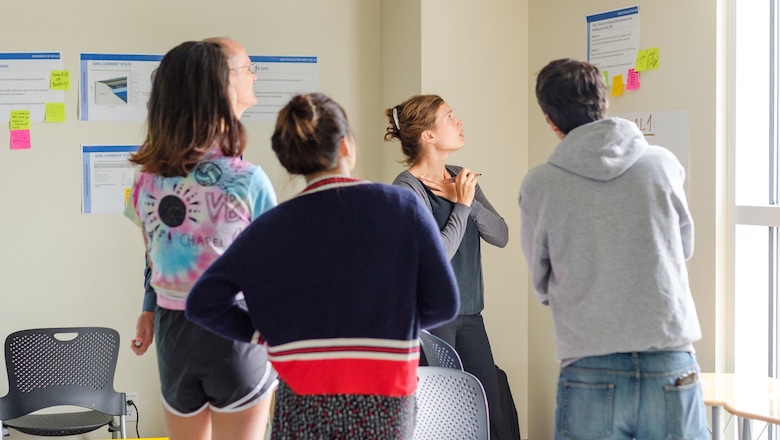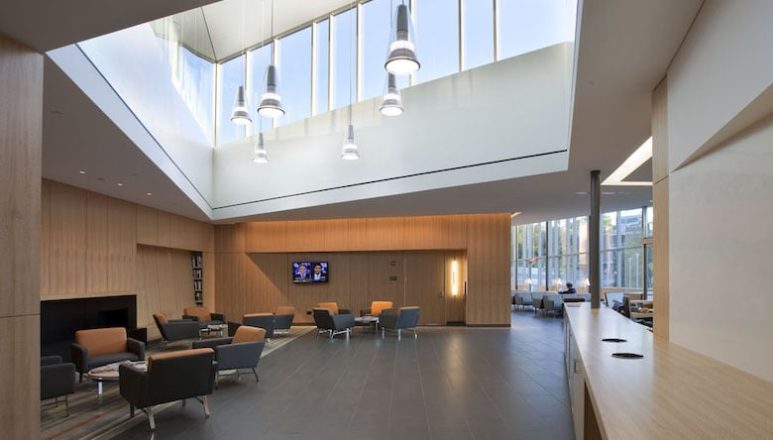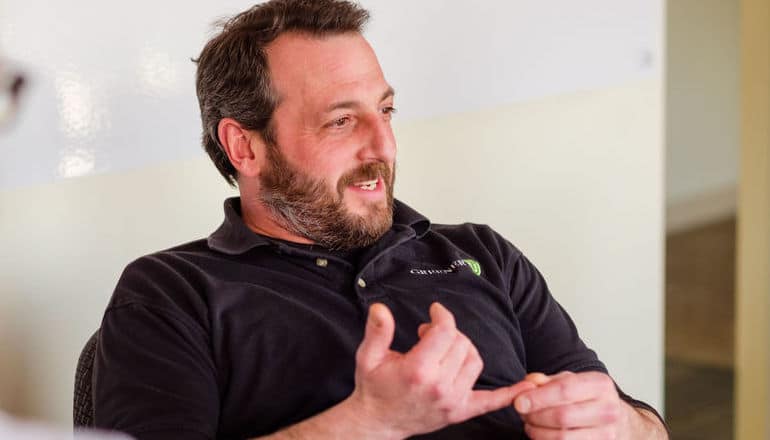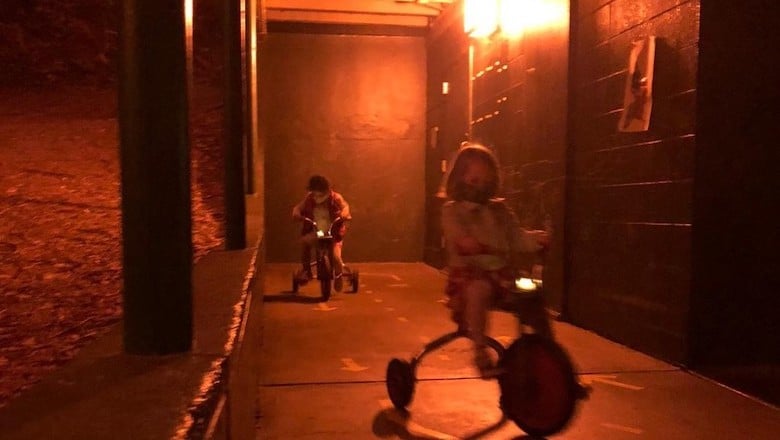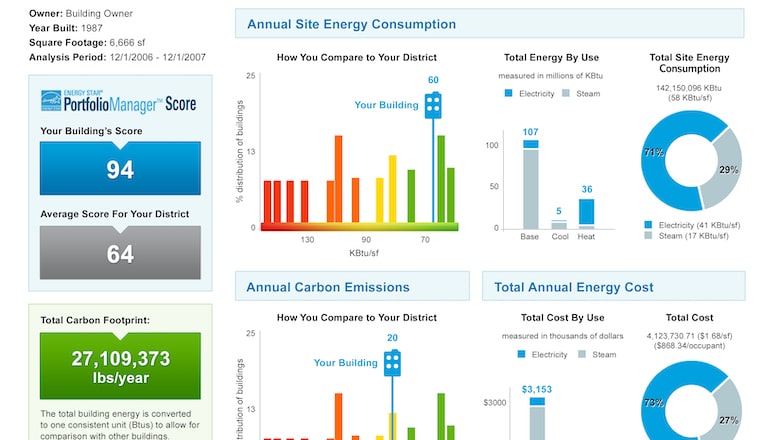Articles
The EV charging infrastructure in Massachusetts is getting a big financial boost. Learn more about what this means for drivers and the organizations looking to install charging stations.
MoreWhether reviewing, coordinating, or managing the entire process of submitting an inventory, GreenerU gets your institution to the STARS.
MoreGreenerU strives to empower our clients in exploring pathways to lower greenhouse gas emissions and develop planet-healthy habits. But what do we do when no one is looking?
MoreGreenerU's Jennifer Haugh leans into the complex. Learn how she believes in the healing powers of stakeholder engagement—and how her background in art and music makes her the perfect fit to lead your climate action planning process.
MoreClimate change mitigation, energy efficiency, decarbonization, construction project management—it all boils down to a simple formula: helping people.
MoreAn ongoing tradition at GreenerU is the "cocktail du quartier," shared with team trivia winners at company all-hands meetings. Below are some of our recent favorites.
MoreIf the toughest of customers with the highest standards for vehicular reliability can find satisfaction in the latest incarnations of the electric vehicle, think of what lies in store for other EV types, and furthermore, the future of electric vehicles.
MoreIs your facility ready for the future of electric vehicles? Now is the perfect time to find out. Projects may be eligible for 100% of infrastructure upgrade costs through utility incentive programs—and GreenerU is here to help you navigate the whole process.
MoreOne of the country’s most prestigious veterinary animal care facilities charts a path to modern plumbing—a challenge not unlike converting to low-temperature hot water systems. And all without missing a beat of regular operations. Here’s how they did it.
MoreWe regretfully announce the passing of an Industrial-Age workhorse that has warmed many hearts, as well as the planet.
MoreA new requirement in 2022, third-party verification of buildings must be completed by a qualified energy professional. GreenerU is here to help you not only with verification, but with preparing your institutions, buildings, and facilities for a climate-neutral Boston.
MoreParticipating utilities to offer incentives for heat pumps in the transition to electrification
MoreDeadline extended for the expenditure of remaining funds available through GreenerMass, a program offering capital for energy-efficiency projects requiring no up-front costs to institutions
MoreUnderstanding the ins and outs of financing major energy and sustainability projects is not everyone's strength. But getting more familiar with the different, sometimes creative ways you can help your institution figure out how to pay for efficiency and renewables could make a difference. This presentation was designed to help you develop more familiarity with the terms, the pros, the cons, and the contingencies to make conversations with your institution's CFO go more smoothly.
MoreWith everything else competing for funding, bandwidth, and attention, how do you integrate climate neutrality efforts with other campus priorities?
MoreAs institutional campuses are exploring ways to draw down greenhouse gas emissions, one of the largest sources of ongoing emissions is heat via fossil fuels. Many campuses use steam, a century-old technology that relies on coal, natural gas, or nuclear energy to heat water into steam that is piped through buildings through radiators. But technology has greatly advanced to the point of requiring nearly ambient-temperature water to heat our buildings. Moving toward climate neutral means moving away from these old technologies, specifically to electricity-powered systems that can be fueled by renewable sources.
MoreFrom college presidents to the U.S. President, there is a growing drumbeat from leadership nationwide to address the climate crisis. The general consensus is that the path to mitigating climate change is clear: achieving climate neutrality. This article is a look at the current state of climate neutrality efforts, challenges, and solutions on college campuses.
MoreWhat is leadership? You might think it’s your campus President—and you might be right. But campuses are more complicated than straightforward hierarchies, and there are tried-and-true ways to empower and engage supporters of climate mitigation that draw from best practices in grassroots advocacy and strategic communications.
MoreOn May 20, GreenerU hosted the first in a discussion series aimed at collaborating to overcome common institutional hurdles to achieving climate neutrality. The following are tips and takeaways from our discussion with representatives from public universities, private colleges, and independent schools.
MoreNavigating the steps to climate neutrality is hard. But we're in this together. From big-picture planning and programming to detail-driven project orientation, GreenerU helps institutions navigate the organizational, operational, and infrastructure changes required to reach climate neutrality. Join us for a series of facilitated peer discussions oriented to support each other through the process of achieving climate neutrality.
MoreGetting started on the path toward climate neutrality means establishing a baseline accounting of your institution's greenhouse gas emissions. Whether you choose to account for Scopes 1, 2, and/or 3 emissions, we have the skills to help you—or you can use these tools to take your own inventory.
MoreAfter twelve years of experience in the business of sustainability consulting, energy-efficiency engineering, and construction project management, we are focusing all of those capabilities on tackling a single (enormous) challenge: helping educational and community institutions navigate the steps to climate neutrality.
More“It is easy to know that your meetings aren’t being productive, but knowing why is much harder. Learning what an effective meeting looks like, and how to run such a meeting, is such a valuable skill that I didn’t even know I needed.” — facilitation workshop participant
More“We are now doing capital planning more intentionally than ever, and sustainability has become a default factor in those projects.” —Mary Fischer, manager of sustainability programs
MoreAs the coronavirus shutdown has threatened nonprofits’ funding, opportunities to find cost savings are more important than ever. Simultaneously, Boston-based nonprofit institutions are striving to meet the City’s carbon neutrality goals. But installing energy-saving measures can require investments that many nonprofit institutions are unable to make. The Tax-Exempt Lease Program, or TELP, through the Boston Industrial Development Financing Authority, makes these investments possible.
MoreWhether through turnkey energy solutions or owner’s project management, GreenerU’s eye for detail, customer-first service, and communication style keeps the trains running on time.
MoreWildfires, hurricanes, floods, heat waves, drought, and other severe weather conditions have made life more difficult in nearly every corner of the United States. What can we do now to protect ourselves from the elements during a pandemic?
MoreCOVID-era building operations have included suggestions such as increasing filtration or ventilation rates “as much as systems will allow.” But as the colder weather approaches, how will facilities manage energy use—and costs?
MoreThe U.S. EPA’s ENERGY STAR Portfolio Manager® provides a platform for benchmarking the energy performance of all kinds of commercial buildings. Energy managers on college campuses, however, often face a challenge in both accurately metering energy at the building level and categorizing buildings under the Portfolio Manager framework of use types. Now the new Higher Education Benchmarking Initiative seeks to collect campus-wide data from colleges and universities across North America—and offer energy scorecards in return.
More
